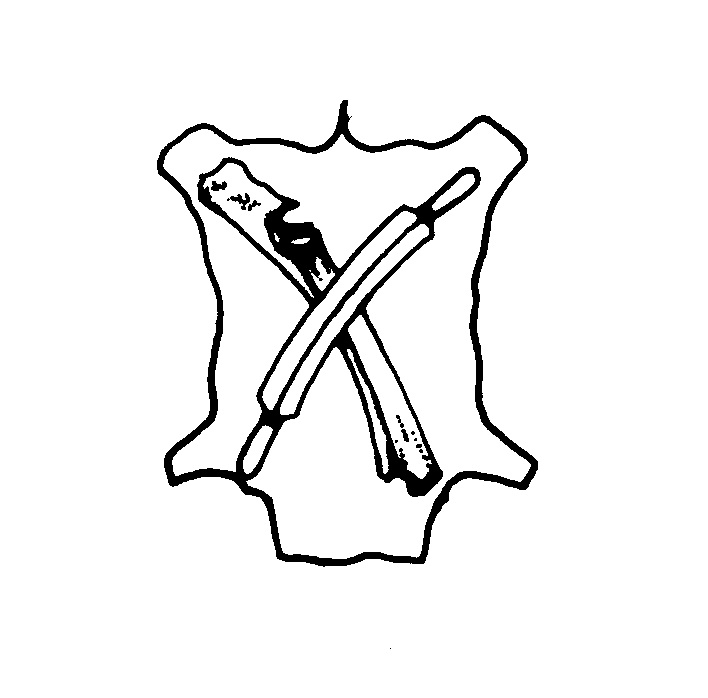Ground Shots Podcast Interview
In the fall of 2019, I had the pleasure of being interviewed by Kelly Moody who is the creative force behind the Ground Shots Podcast and Of Sedge And Salt Blog. We sat down on a beautiful day in the hills of Mendocino County to discuss an array of topics. Enjoy!
Episode #28 of the Ground Shots Podcast features a conversation with Tamara Wilder, who is based out of Ukiah, California. Tamara has been teaching various ancestral skills from wild foods preparation, primitive fire-making, hide tanning, cordage and more for several decades. She co-wrote the book Buckskin: ‘The Ancient Art of Braintanning’ with Steven Edholm. She co-founded the organization Paleotechnics with Steven, who is a past podcast guest. Paleotechnics functions as an educational resource on the art of simple, ancient and universal ancestral technologies. Tamara tirelessly travels and teaches classes all over the west coast of Turtle Island every year with suitcases full of cordage samples, wild food preparations, fire-making supplies, and primitive tools to teach others how to use them, tons of books and pamphlets to share on permaculture, ancient living skills, craft and more. I’ve assisted her teaching before and she pays such great attention to detail and process. She cares deeply for sharing these skills as much as possible so others can feel empowered to participate more directly with our natural environment. She has a heart of gold and goes out of her way to help others and be in service to the land. She also facilitates conversations about IUD awareness.
We sat down outside of her light clay straw infill cabin near Ukiah, California this past Spring to record this conversation for the podcast.
See the full catalog of Ground Shots Podcasts
The Ground Shots Podcast is an audio project that features conversations and storytelling about our relationship with ecology through the intersections of activism and creativity. This includes field recordings of folks in their element, music recordings, interviews, story captures, and more.
How do we do our work in the modern age, when the urgency of ecological and social collapse sometimes feels looming? How do we creatively and whole-heartedly navigate our relationships with one another and the land?







